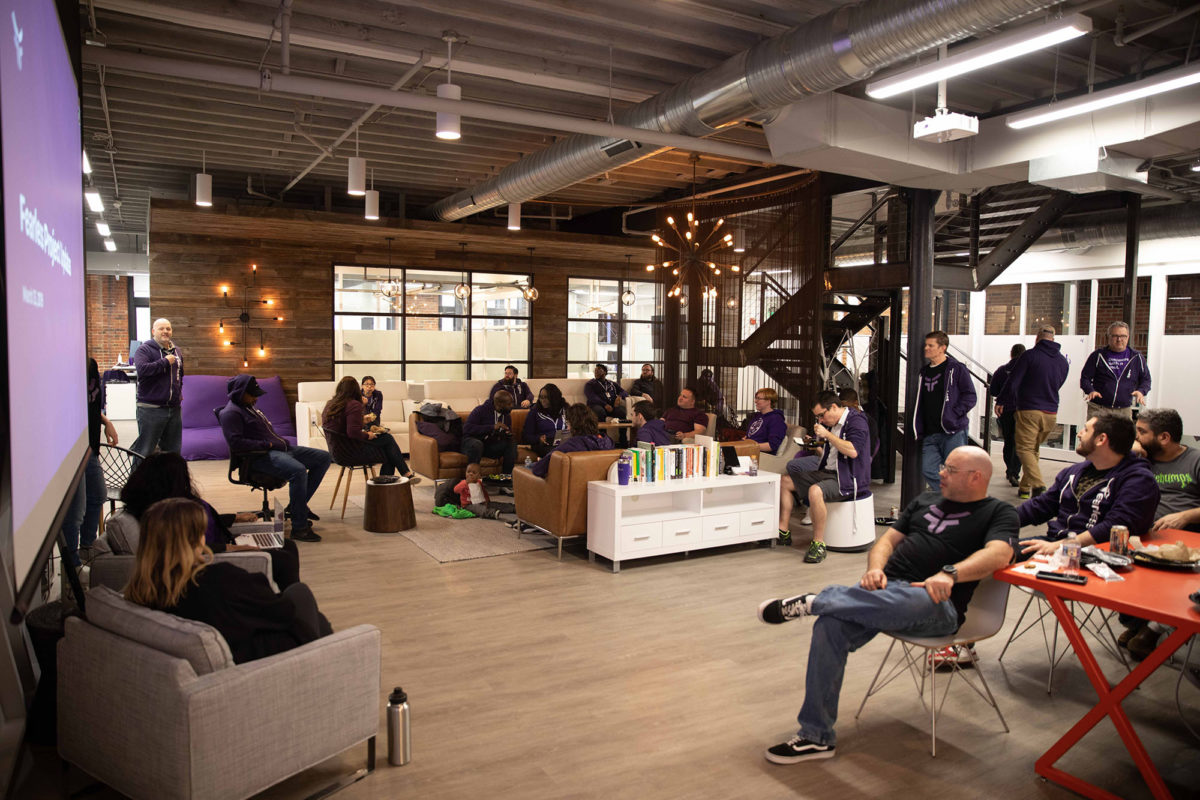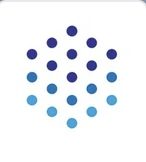A year of pandemic, protests, election and insurrection has meant work and society-shaking events have run headlong into each other.
Last week’s guilty verdict for former police officer Derek Chauvin in the murder of George Floyd was another such moment when life seemed to stop for a moment as the nation tuned in to find out the results — at a time when many were in the midst of wrapping their workday. The decision did not result in mass protests, but it will still affect employees differently.
At companies that have responded to each of these moments, it pointed at an evolution in how leadership grapples with such events that are having a big impact on employees. That was the case at downtown Baltimore-based digital services agency Fearless, where the last year has shown the importance of strong values, and how they play out.
“If you have a good foundation, then you can build from there regardless of what comes at you,” said Stephanie Baggage, senior manager for people development.
Here are a few takeaways from a conversation with Baggage on how that’s played out:
Open dialogue
In legal terms, last week’s verdict brought the end of a case that the nation watched closely since last May. So it wasn’t the first time that companies confronted the case and what it could mean. In June 2020, as protests following Floyd’s death reached their height, Fearless held a company town hall.
Baggage said last week’s close of the trial offered a moment that reflected how a lot of what the company was doing on culture was already in place. As the verdict was read, Fearless’ Black employees group happened to be holding its regularly scheduled meeting, so the group took the time to discuss the verdict and the work that still needs to be done before more open-ended conversation. Earlier in the day, a team member had already posted on that channel to check in with everyone.
“We have a company culture where people check on each other in general,” said Baggage.

On Slack, Fearless has a channel called “water cooler” that was already set up, as well. If there was enough activity there that a company meeting was worth having, leaders would’ve moved quickly to set it up, Baggage said.
“Every step of the way we’re looking at how does our company evolve as a result of the events and how do we create a safe space for employees who do feel overwhelmed today to step away and take a beat,” Baggage said. “That’s just a part of culture.”
Passion coaches
Over the last few years, Fearless has rolled out the position of passion coaches. These are leaders within the organization who work with teams in a certain area of expertise. It’s a role that has technical aspects, but it’s also tied to the people on the team.
During the pandemic and protests in 2020, that work evolved naturally to even more of a people-centered role in which passion coaches checked in and messaged out. Alongside the work of how to do the job, they became conduits for the company’s culture. Passion coaches are now the “champions” inside the organization of creating safe spaces for conversation, and keeping open dialogue, Baggage said.
Mental health
When it comes to that person-centered work of passion coaches, much of it comes back to mental health, Baggage said. It’s necessary to take a “360” approach to understand what’s happening in a team member’s life. It has become more evident over the last year that work and life are intertwined, so awareness among leadership of how that plays out for an employee can help the company know which tools to deploy to best support them.
That could include a difficult conversation about racism and xenophobia, and creating space for conversation. It goes beyond the moment, as well, to considering how different employees may need different forms of support. And at the end of the day, considering how a person is being affected by events is part of managing.







